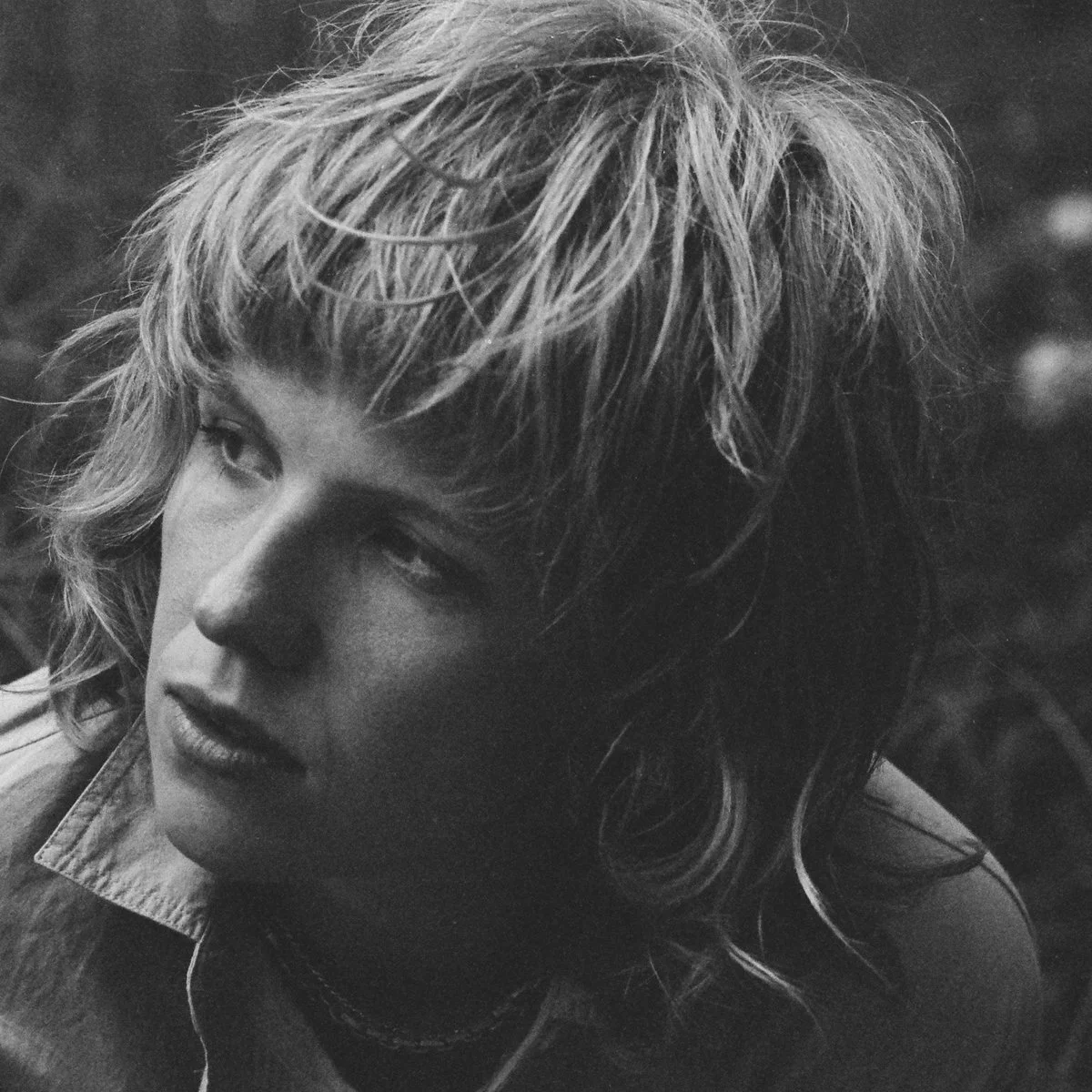by Rohan Press (rohanpress@gmail.com)
If you want to let it go
If you want to bond anew
If you need to let it go
Brother, I can help you…
— from “Brother”
It was easy, at first, for my heart to accept Dead Gowns’ “Brother” as a song about giving help, promising steady companionship to a friend in need. How I have always selfishly yearned to be that kind of friend—unconditionally there to be leaned on, to be held. When one of my best friends was going through the death rattle of a marriage almost as old as I am, I played him Dead Gowns’ debut album, It’s Summer, I Love You, and I’m Surrounded by Snow, with this song specially in mind, to try to tell him, in the face of the revocation of the love he had staked his life on, that my own love remained unyielding. “Brother, I can help you.”
But as he hunched over, crying, on my couch, I wondered if I really could. How could I even begin to understand and inhabit his pain—and who was I to think that I could have the power to transfigure it? I’ve never been through a marriage or a divorce; I’ve never been in a romantic relationship at all. It hurt me that I didn’t have the capacity to make it alright by virtue of the supposed purity and strength of my feelings. But in that moment and with those songs, I knew that healing, inchoate and still dripping with ache, was still real and possible, even if I wasn’t sure how to offer it.
The marvel of It’s Summer, I Love You, and I’m Surrounded by Snow is that, by questioning the meanings and possibilities of companionship, the album ends up offering that very gift of companionship. Singer-songwriter Geneviève Beaudoin’s inaugural question, and the title of the album’s opening song, is “How Can I?” — how can I be there for you? How can I respond to the love I feel for you? Beaudoin delivers each of the song’s lines haltingly, the pauses communicating as much as the words themselves. It was the same paralyzing question I felt sitting there with my friend. I don’t have it in me, I worried. Every time I resolve to help you, I fall short. How can I? And yet the album’s title suggests that love is caught within this contradiction, between summer and snow.
It’s Summer… is an elemental album—gusting in full-throated guitar swells, loosening in pockets of desolate folk. It is a confrontation with helplessness and with burnout—in fact, “Burnout” is itself the title of one of the record’s most haunting songs. “Honey’s not sweet a spoonful each time you’re sick,” Beaudoin sings on that song, reflecting on her mother confronting her own mother’s death. “My mother taught me to protect things / by growing them thick / Did she ever burnout quick? / And will my sister burnout quick?” But what’s remarkable about “Burnout” is that the song, brooding under Luke Kalloch’s guitar accompaniment, ultimately leaves us with a sense of three women remote but not completely inaccessible to each other, somehow tied together in and through their loneliness. When the flame burns out, the song seems to say, maybe that’s also when we most clearly see the glowing coals.
And that, after all, is just where Beaudoin locates love, time and again: in the acknowledgement of our own frustrations and frailty, our own unworthiness of it and incapacity for it. Listening closely back to “Brother” with this in mind, I realize that it’s really a song about needing help as much as it is about being able to offer it. Beaudoin hints at this by inverting the structure of the final verse:
And if I want to let it go
If I want to bond anew
If I need to let it go
Brother, won’t you guide me through…
I think back to the crucible of my friend’s divorce. And I wonder if the best way for me to show him companionship isn’t by feigning my unyielding and perfect love, but by first accepting my own neediness, too. Do I want to let it go? Do I want to bond anew? Those lines know me so well: they know I’m just as tentative and lost. But Beaudoin understands that what it really takes to offer companionship and healing is to acknowledge this disorientation and this incompletion. When I’m honest about my own pain, maybe that’s when I can really meet his.
Healing is not a gift to be bestowed, from me to him. It is a painful openness to be lived in. On the album’s final track, the bleak, fragmented landscape of “Sand Plumb,” Beaudoin struggles towards this simple, unselfish vulnerability—“Am learning to become / the open wide / that I want.” By omitting the opening pronoun “I,” she makes it clear that she’s not interested in the glory of fully offering or achieving healing. Instead, she dissolves and is reformed in her hurt, just as the song, so spare until the last moment, suddenly swells and dissolves into the whirlpool of a loud, electric, unresolved chord. Wide open. That’s what this album is—and that’s the kind of healing and companionship it invites. It’s true that I don’t know what it feels like to go through a divorce. And it’s true that I can’t make it completely better for him. We are always inadequate for each other—yes. But to accept that inadequacy and simply sit with an open heart with another person: that’s enough.

